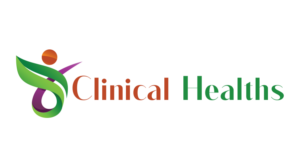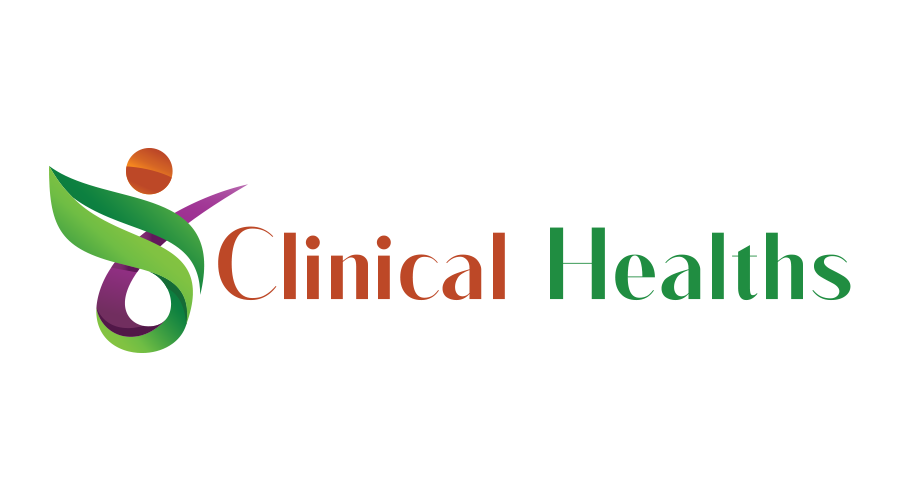Health Sharing Ministries, an innovative approach to healthcare, have gained traction in recent years as an alternative to traditional insurance models. These ministries offer a community-based solution to managing medical costs and accessing healthcare services while aligning with specific religious beliefs. Understanding how these ministries function and their underlying principles is essential to grasp their impact on healthcare.
Introduction to Health Sharing Ministries
In essence, Health Sharing Ministries are collaborative platforms where members, often sharing similar religious or ethical beliefs, pool their financial resources to assist one another in covering medical expenses. Unlike conventional insurance, these ministries operate on shared values, fostering a sense of community and mutual support among members.
How Health Sharing Ministries Operate
Membership eligibility usually involves adhering to specific religious principles or ethical guidelines. Once enrolled, members contribute a predetermined amount regularly, which is then allocated to cover eligible medical expenses of other members. Guidelines outline the types of medical costs covered and often promote healthy lifestyles to minimize healthcare expenses.
Key Features and Benefits
The appeal of Health Sharing Ministries lies in their cost-effectiveness. Members typically experience lower monthly contributions compared to traditional insurance premiums. However, coverage might not extend to certain pre-existing conditions or treatments considered outside the ministry’s scope.
The Role of Faith and Community
Religious beliefs play a pivotal role in these ministries, shaping their values and practices. Members often find solace in the communal aspect, as support networks provide emotional and financial assistance during times of medical need, reinforcing shared faith-based principles.
Challenges and Limitations
Despite their benefits, Health Sharing Ministries come with limitations. Certain medical procedures or conditions might not be covered, and regulations governing these organizations vary, potentially impacting their stability and coverage offerings.
Comparison with Traditional Insurance
Contrasting Health Sharing Ministries with conventional insurance reveals unique aspects. While they offer affordability and community support, they might lack the comprehensive coverage and regulatory backing of traditional insurance plans.
Success Stories and Testimonials
Personal anecdotes showcase the impact of Health Sharing Ministries on individuals’ lives. Members often share uplifting stories of how the community’s support and financial aid significantly eased their medical burdens.
Future Outlook and Trends
The future of Health Sharing Ministries involves potential growth and adaptations. Evolving regulations and changing healthcare landscapes may shape how these ministries operate and expand their services.
Conclusion
Health Sharing Ministries stand as an innovative model that merges faith, community, and healthcare affordability. While presenting an alternative to traditional insurance, they carry inherent benefits and limitations, impacting individuals’ healthcare decisions and financial well-being.


